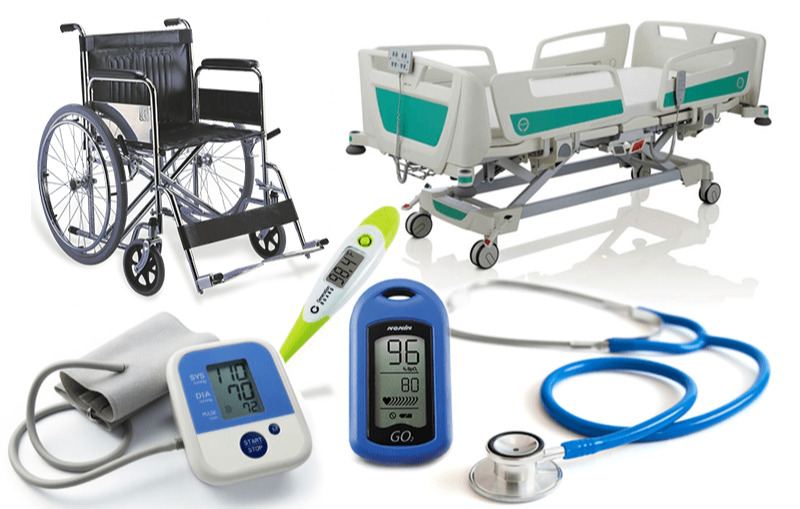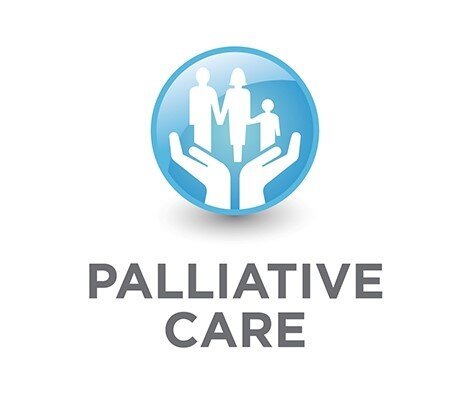Introduction:
In recent years, there has been a significant shift in healthcare towards a more patient-centric approach, and one aspect that plays a crucial role in this evolution is homecare medical equipment. As technology continues to advance, an increasing number of individuals are opting for home-based healthcare solutions, allowing them to receive medical attention and assistance in the comfort of their own homes. This trend has spurred the development and utilization of a wide range of homecare medical equipment designed to enhance the quality of life for patients and facilitate better management of various health conditions.
The Rise of Homecare Medical Equipment:
Homecare medical equipment encompasses a diverse array of devices and tools designed to address the unique needs of patients who prefer or require care within their homes. This category includes items ranging from simple mobility aids to sophisticated monitoring devices and advanced therapeutic equipment. The growing popularity of home-based care can be attributed to several factors, including the desire for independence, improved patient outcomes, and cost-effectiveness.
Key Categories of Homecare Medical Equipment:
Mobility Aids:
- Wheelchairs
- Walkers
- Canes
- Mobility scooters
Monitoring Devices:
- Blood pressure monitors
- Glucose monitors
- Pulse oximeters
- Remote patient monitoring systems
Respiratory Care Equipment:
- Nebulizers
- CPAP machines
- Oxygen concentrators
Assistive Devices:
- Lift chairs
- Adaptive utensils
- Reacher grabbers
- Hearing aids
Therapeutic Equipment:
- Home ultrasound devices
- TENS units (Transcutaneous Electrical Nerve Stimulation)
- In-home physical therapy tools
Benefits of Homecare Medical Equipment:
Enhanced Comfort and Independence:
Individuals can receive necessary care without leaving the comfort of their homes.
Promotes a sense of independence and autonomy, particularly for elderly or disabled individuals.
Cost-Effective:
Reduces the need for prolonged hospital stays, leading to cost savings for both patients and healthcare providers.
Home-based care is often more affordable than institutional care.
Improved Patient Outcomes:
Continuous monitoring and management of health conditions can lead to better health outcomes.
Patients may experience reduced stress and anxiety associated with hospital environments.
Convenience and Flexibility:
Homecare medical equipment allows for flexible scheduling and convenient access to care.
Patients can receive treatment and assistance at times that suit their individual needs.
Challenges and Considerations:
While homecare medical equipment offers numerous benefits, some challenges and considerations need to be addressed:
Adequate training and education for patients and caregivers on the proper use of equipment.
Regular maintenance and updates to ensure the reliability and safety of the devices.
Coordination with healthcare professionals to provide timely and appropriate support.
Conclusion:
The integration of homecare medical equipment into healthcare practices represents a positive and transformative shift towards personalized and patient-centric care. As technology continues to advance, the development of innovative devices will further enhance the quality of life for individuals who choose home-based healthcare solutions. By embracing the potential of homecare medical equipment, we can create a more inclusive and accessible healthcare system that prioritizes the well-being and autonomy of patients.




